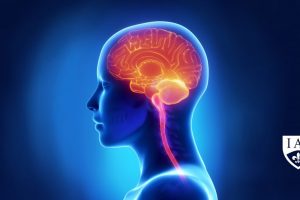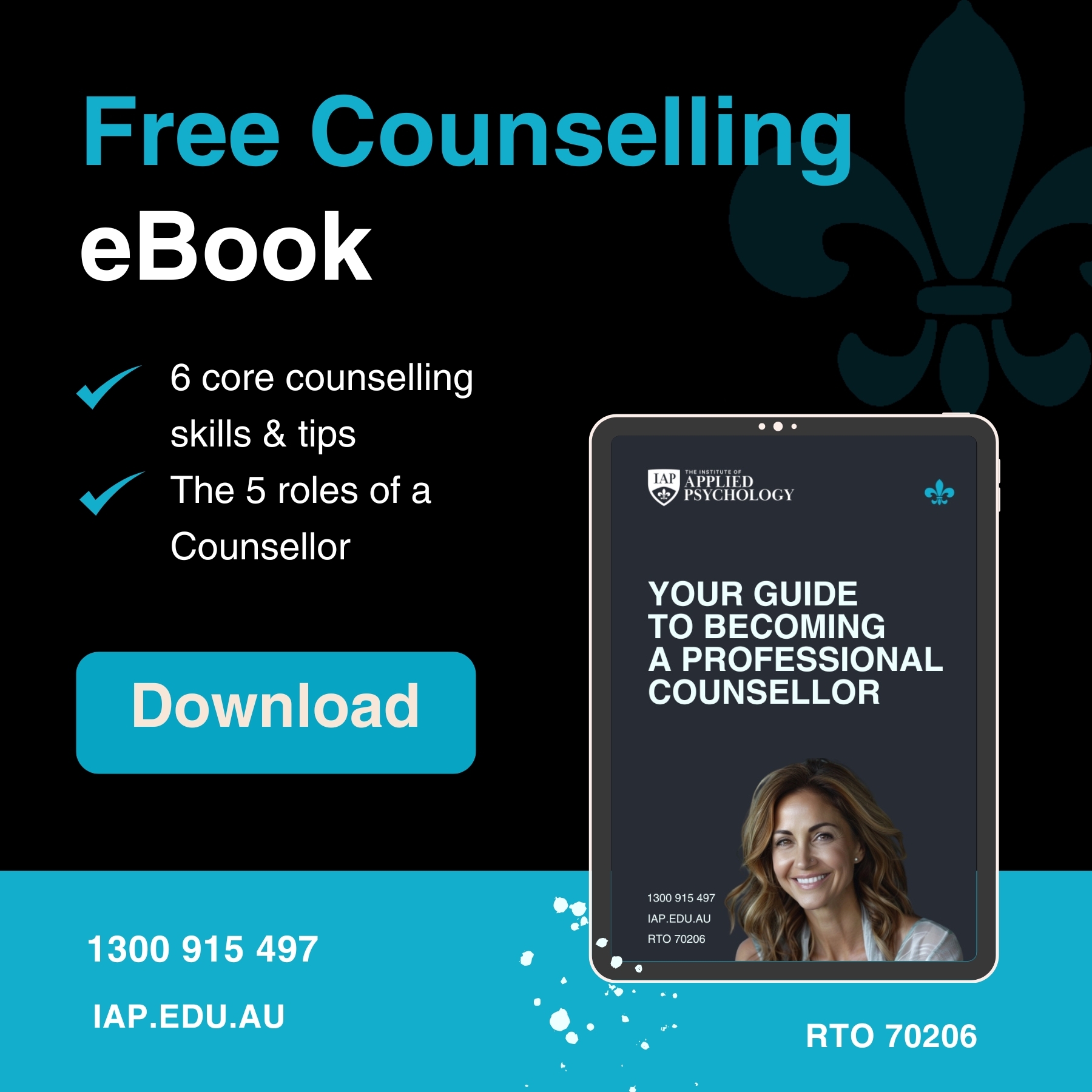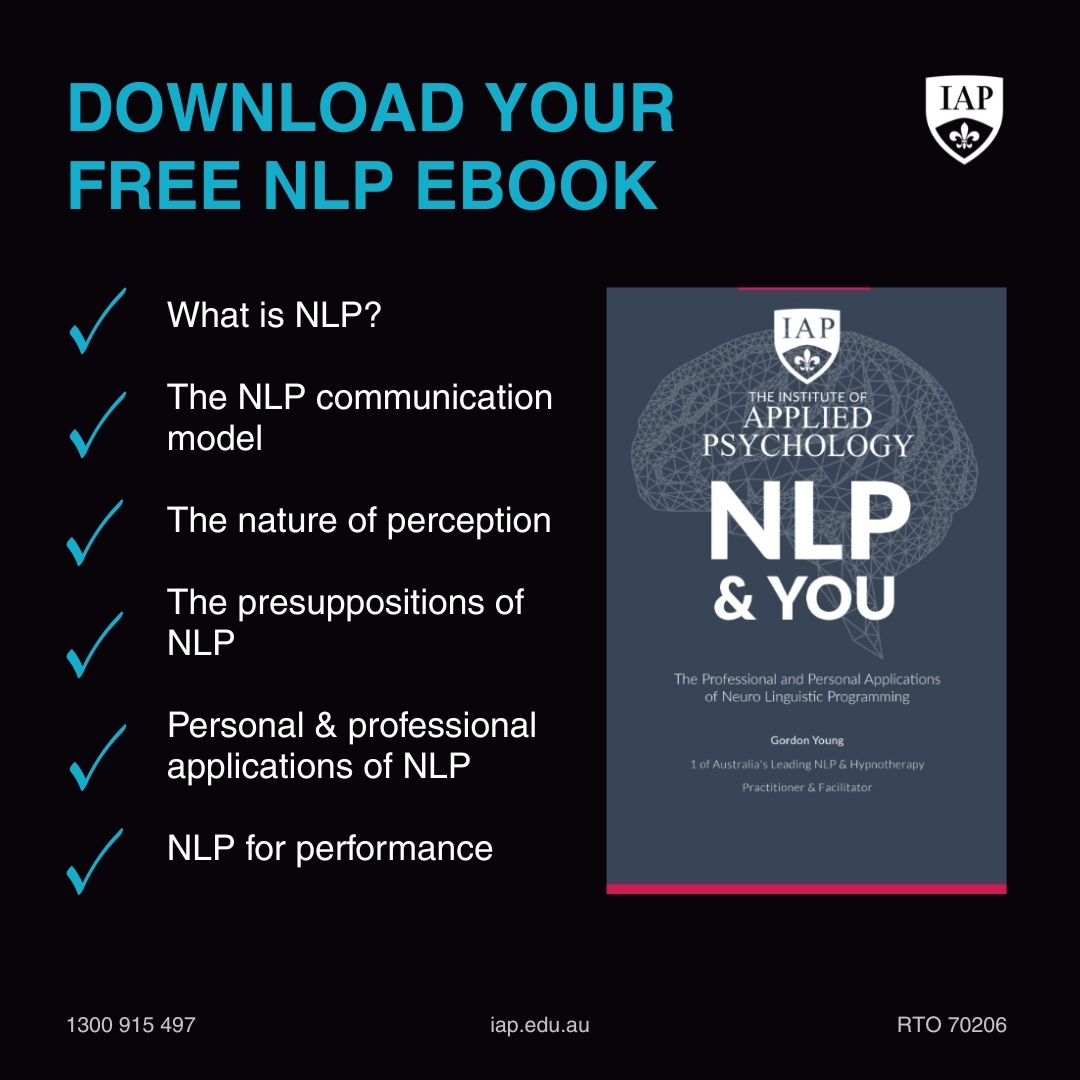Does Hypnosis Really Work? What the Science and Research Say
Does Hypnosis Really Work? What the Science and Research Say
Hypnosis has long been surrounded by myths—swinging watches and stage tricks often come to mind. But clinical hypnosis, used in healthcare and counselling, is very different. It’s evidence-based and recognised as a legitimate therapeutic tool.
What the Research Shows
- A 2019 Stanford University study using fMRI scans found hypnosis alters brain connectivity, particularly in areas regulating focus and sensory processing.
- Hypnosis is endorsed by the Australian Society of Hypnosis and is used in pain management, smoking cessation, weight control, and trauma therapy.
- Australian Department of Veterans’ Affairs includes hypnosis among evidence-based complementary therapies for trauma.
Conditions Hypnosis Could Potentially Help
- Chronic Pain – Studies show a 45% reduction in pain intensity with hypnosis-based pain protocols.
- Anxiety & Stress – A meta-analysis of 24 trials showed a 79% success rate in reducing anxiety symptoms.
- Behavioural Changes – Hypnosis is widely used to support smoking cessation and weight loss.
- And much more such as trauma, OCD and addictions etc.
Checklist: Debunking Myths
- Hypnosis does not control your mind, rather it is part of a solution-oriented therapeutic model that could help the client lead to the solution
- The way IAP teach clinical hypnosis, the client is always in control and aware in the sessions.
- Clinical Hypnosis is not stage hypnosis or manipulation. At IAP you learn ethical therapeutic modalities.
Yes, hypnotherapy can be highly effective when administered by a qualified professional. It’s safe, evidence-supported, and used in many settings, including hospitals, private clinics, and even sports performance programs.
Meet Joanne Graham, a highly successful clinical hypnotherapist who was once a personal trainer and now operates a booked-out clinic.
Ready to Explore Your Path?
If you’re curious about learning hypnosis professionally, call 1300 915 497 and speak to one of our course advisors today.








